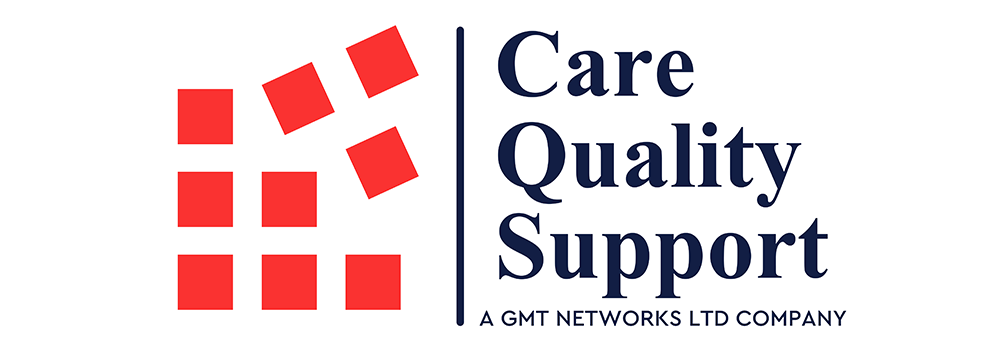For health and social care providers in the UK, a Care Quality Commission (CQC) rating is more than just a label — it reflects the quality, safety, and effectiveness of your service. Whether you’re aiming to improve, preparing for inspection, or simply maintaining standards, understanding how CQC evaluates providers is essential.
The 5 Key Questions CQC Asks
CQC assessments are structured around five fundamental questions that apply to all care services:
- Are they safe?
People are protected from abuse and avoidable harm. - Are they effective?
Care, treatment and support help people achieve good outcomes and maintain quality of life. - Are they caring?
Staff treat people with compassion, dignity, and respect. - Are they responsive to people’s needs?
Services are organised to meet the unique needs of individuals. - Are they well-led?
Leadership, management and governance ensure high-quality, person-centred care and promote learning, innovation, and transparency.
The New Assessment Framework
The new framework applies to providers, local authorities and integrated care systems. Under each of the five key questions, services are evaluated using quality statements — commitments providers must demonstrate to deliver high-quality care.
These are expressed as:
- “We statements” – what providers and commissioners commit to delivering.
- “I statements” – based on feedback from people using services, showing what matters most to them.
Together, these help shape inspections, promote co-production, and elevate the voice of service users.
Ratings Breakdown
CQC gives both overall and domain-specific ratings:
- Outstanding (88–100%) – Exceptional performance
- Good (63–87%) – Meeting expectations
- Requires Improvement (39–62%) – Areas for action
- Inadequate (Below 39%) – Serious concerns
Note: Scores can vary slightly based on domain (e.g., maternity services, mental health, etc.).
What Does an Outstanding Rating Look Like?
An Outstanding rating from the CQC means a service consistently goes above and beyond in delivering high-quality, person-centred care. Here’s what it typically involves:
- Tailored Support: Care is personalised, empowering, and built around individual needs and preferences.
- Proactive Approach: Risks are anticipated, care plans are regularly reviewed, and improvements are actioned quickly.
- Strong Leadership: Managers lead with clarity, support staff well, and create a culture of accountability and compassion.
- Visible Impact: Services can show how care leads to real outcomes—better wellbeing, more independence, and community inclusion.
- Continuous Improvement: Feedback, audits, and learning are embedded in practice to ensure care remains safe, responsive, and effective.
Outstanding services don’t just meet standards — they set them.
Tips for Providers
- Regularly review care plans, audits, and training logs.
- Engage service users in shaping their support.
- Use lessons from complaints/incidents to drive improvement.
- Involve your team in self-assessment using the key questions.
Remember, every interaction, decision and document is part of your inspection story.
Final Thought
CQC doesn’t just look at paperwork — they look at people, culture, leadership, and lived experience. Outstanding services aren’t perfect, but they are responsive, self-aware, and proactive.
At HSCPN, we encourage providers to not just meet the standards — but exceed them!













